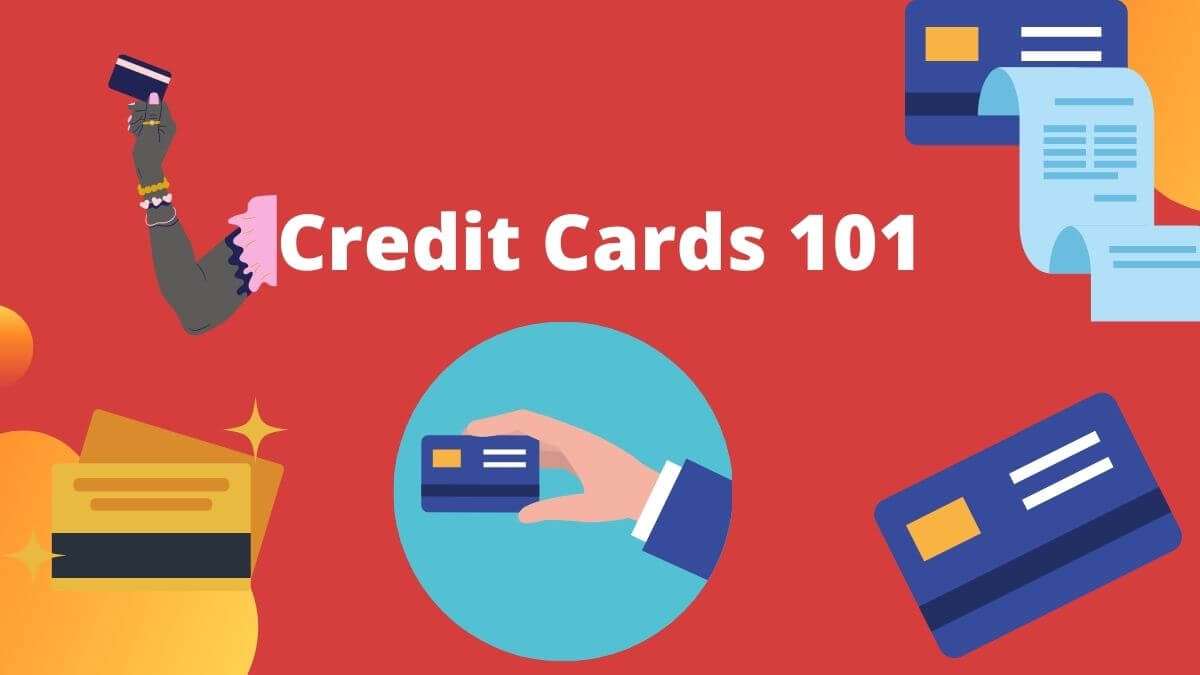
In today’s fast-paced world, credit cards have become an integral part of our financial landscape. From making everyday purchases to booking flights and hotels, credit cards offer convenience and flexibility. However, navigating the world of credit cards requires more than just a swipe – it demands a solid understanding of the basics and an ability to decipher the often-confusing fine print. In this blog post, we’ll explore Credit Card 101, helping you unravel the complexities and make informed decisions about your plastic companion.
Understanding the Basics:
- How Credit Cards Work:
- At its core, a credit card allows you to borrow money from a financial institution to make purchases. The borrowed amount must be repaid within a specific timeframe, usually on a monthly basis.
- The credit limit is the maximum amount you can borrow, determined by your creditworthiness – a measure of your ability to repay debt based on your credit history and income.
- Interest Rates:
- Credit cards often come with an Annual Percentage Rate (APR), which represents the cost of borrowing on an annual basis. Understanding the APR is crucial, as it affects the interest you’ll pay on any outstanding balance.
- Credit Card Fees:
- Beyond interest rates, credit cards may carry various fees, such as annual fees, late payment fees, and cash advance fees. Be aware of these charges to avoid unexpected financial surprises.
Navigating the Fine Print:
- Terms and Conditions:
- The fine print of credit card agreements can be dense, but it holds vital information. Read and understand the terms and conditions before committing to any card. Pay attention to grace periods, billing cycles, and other important details.
- Rewards Programs:
- Many credit cards offer rewards programs, providing perks like cash back, travel points, or discounts. However, the terms of these programs can vary widely. Know the rules for earning and redeeming rewards to maximize their benefits.
- Introductory Offers:
- Some credit cards come with enticing introductory offers, such as zero-percent APR for a specified period. While these can be advantageous, understand the terms that apply once the introductory period ends.
- Credit Card Security:
- Be aware of the security features your credit card offers, such as fraud protection and the ability to dispute unauthorized charges. Familiarize yourself with the process for reporting a lost or stolen card.
Tips for Responsible Credit Card Use:
- Payment Discipline:
- Pay your credit card bill on time to avoid late fees and negative impacts on your credit score. Consider setting up automatic payments to ensure timely payments.
- Budgeting:
- Create a budget to manage your spending and avoid accumulating debt. A credit card should complement your financial strategy, not serve as a source of unchecked spending.
- Monitoring Statements:
- Regularly review your credit card statements to identify any unauthorized transactions or errors. Reporting discrepancies promptly can prevent further issues.
Conclusion:
Credit cards can be powerful financial tools when used responsibly. By understanding the basics and carefully navigating the fine print, you can make informed decisions that align with your financial goals. Take the time to choose a credit card that suits your needs, and remember that responsible usage is key to maximizing the benefits while avoiding potential pitfalls. Armed with knowledge, you can confidently wield your credit card as a tool for financial success.
